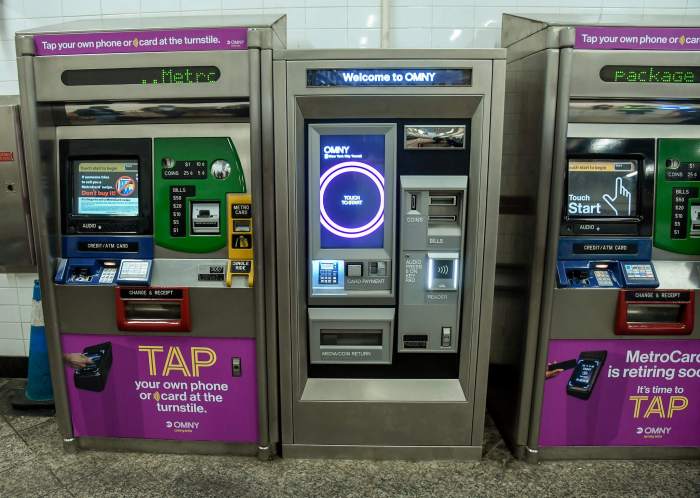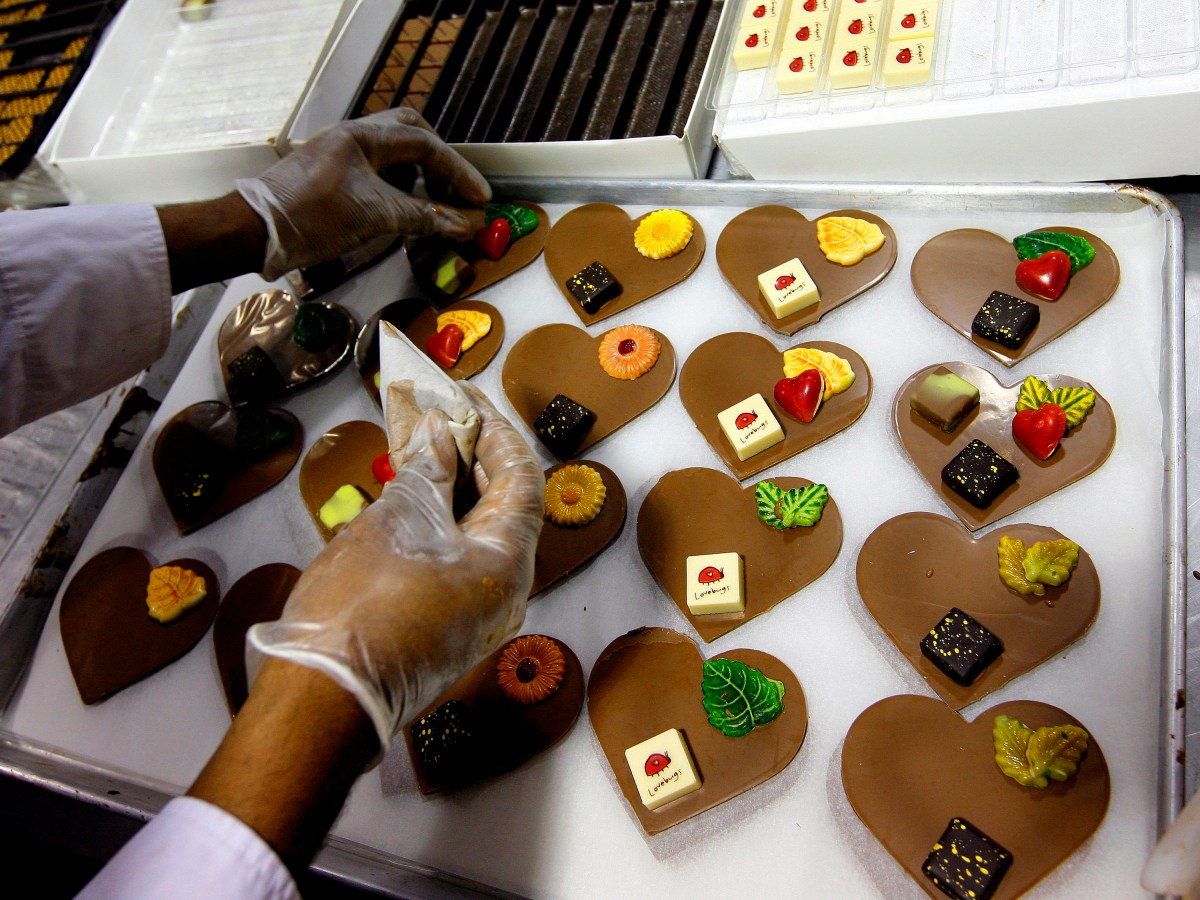New Yorkers love our city’s 25,000 restaurants, from classic delis and pizza parlors to Michelin-starred fine dining. For my family, there is nothing quite like the soup dumplings from La Salle Dumpling Room in Morningside Heights.
After the pandemic, it’s great to read that the national restaurant industry expects record-breaking revenue this year. Local restaurants are also doing much better, but things can still improve. I’m hopeful the City Council will take a meaningful first step this Friday to fix a pandemic-emergency law that was intended to help restaurants but is now definitely hurting them.
When in-person dining shut down in 2020, restaurants desperately scrambled to reengineer operations to support takeout and delivery. They needed to upgrade websites, source takeout packaging, and sign up with delivery platforms like DoorDash and Grubhub. Many restaurants shut down forever, and every owner was scared.
Nationwide, legislators jumped in to help. Emergency laws closed streets for outdoor dining and authorized home delivery of alcoholic beverages. Several cities and states also capped restaurant delivery service fees to ensure that desperate restaurants were not gouged by unreasonable price increases that they simply could not refuse to pay.
Four years later, the pandemic is over, and restaurants are thriving, but delivery fees are still capped in NYC – and only here. Most cities’ fee caps expired automatically when the emergency ended, and others repealed their laws – the last one in New Jersey earlier this year. It’s time for New York to follow.
It’s not clear that fee caps have helped the most in-need restaurants. Using data from over 200,000 restaurants, recent research analyzed how restaurants performed on major U.S. delivery platforms to measure the impact of commission fee caps in 14 cities. By comparing cities with and without fee caps, the study found that chain restaurants in fee-cap cities saw a 3.6% increase in delivery demand. However, independent restaurants in these cities experienced a 6.8% decrease in delivery demand compared to those in cities without such caps.
But the biggest problem with New York’s law is that it prevents restaurants from using delivery apps for marketing. The law caps fees that apps can charge per order, with the current cap covering delivery costs. Since delivery apps bundle delivery and marketing fees into a percentage of the order total, this cap essentially cuts off restaurants’ access to marketing services – digital ads, special offers, etc. – provided by these platforms, reducing their ability to market effectively through these apps.
Marketing fees paid as a percentage of the order allow restaurants to pay only when the ads generate orders, effectively managing their cash flow. Any small business owner will tell you that digital advertising is vital to their success. NYC restaurants cannot use these marketing options when the law limits percentage-of-order fees, effectively cutting off a crucial marketing platform.
A few months ago, NYC announced a $20/hour minimum pay for delivery drivers, including their wait time. I don’t know of another instance when a government has explicitly mandated that one specific industry pay higher wages and then cap their potential revenue.
Due to these laws, delivery services reportedly lost millions of dollars. Using publicly available information, the Data Catalyst Institute estimates the economic impact to delivery companies to be between $140 million and $160 million for 2022 and 2023 alone, just in NYC. If this leads to DoorDash, Grubhub, and Uber Eats quitting New York, restaurant owners will be left scrambling for delivery alternatives.
On Friday, the Council will hold a hearing about eliminating the “marketing services” portion of the fee cap. I hope this new Council—which is almost entirely different from the Council that extended the law beyond the pandemic emergency—appreciates that the law has backfired and is hurting the restaurants it intended to support.
If the Council wants to support small, local restaurants, it should recognize that pandemic profiteering is no longer a risk and let restaurants choose how to spend their marketing dollars – because restaurant owners know best how to grow their own businesses.
Dr. Ryall Carroll is the Director of the Master of Science in Marketing Intelligence and is an Associate Professor of Marketing at the Peter J. Tobin College of Business, St. John’s University.




































